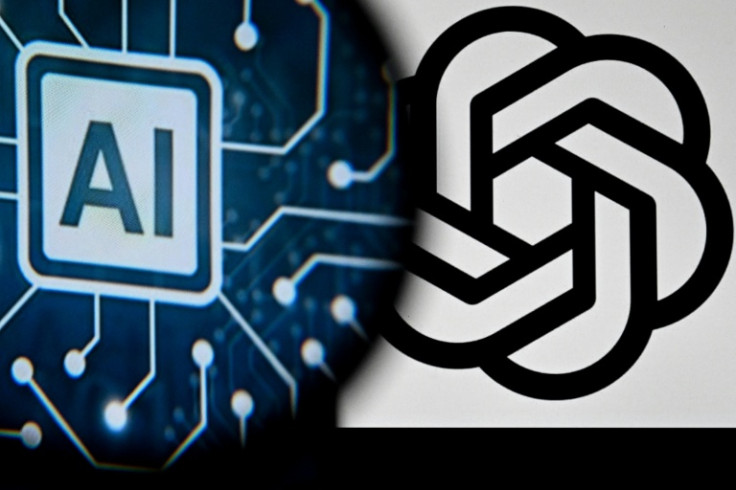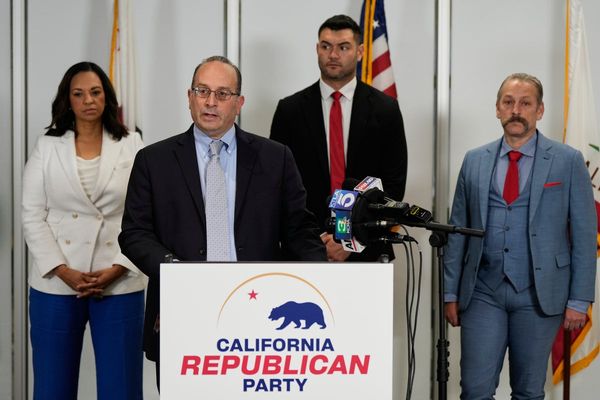
A monumental shift is underway in the world of online video. For years, platforms like TikTok and YouTube have defined digital content creation. But with OpenAI's Sora making its powerful debut on Android devices, the rules of the game could be radically altered.
This move brings cinematic-quality, AI-generated video tools straight into the pockets of millions, sparking an unprecedented race for innovation and putting unexpected pressure on established creators to adapt.
OpenAI rolled out its Sora app, which makes videos using artificial intelligence, for Android devices on Tuesday. The AI technology firm had previously launched Sora for Apple devices in September.
Now Available in Key Global Markets
The official announcement, shared through a post on X, confirms that the popular AI-driven application is now accessible on the Google Play Store. This immediate availability extends to users in the US, Canada, Japan, South Korea, Taiwan, Thailand, and Vietnam.
The Sora app is now available on Android in:
— Sora (@soraofficialapp) November 4, 2025
Canada
Japan
Korea
Taiwan
Thailand
US
Vietnam pic.twitter.com/wmx5KU4VM1
Sora's debut was a notable success, reportedly achieving one million downloads in under five days. It also held the top spot on Apple's App Store rankings for nearly three weeks. Currently, Sora sits at number five on Apple's chart of the most popular free applications, placing it just behind Google's Gemini at number four. ChatGPT, which is also an OpenAI creation, holds the number one position.
According to Bill Peebles, who is the head of Sora at OpenAI, the company is currently focused on making the application available across Europe, a detail he shared in a recent X post.
working on it! more to share here soon
— Bill Peebles (@billpeeb) November 4, 2025
The application enables users to generate videos using artificial intelligence simply by typing out descriptive prompts. These creations can then be shared directly onto a public feed, which closely mirrors the format used by TikTok.
You can now get into the Sora app without an invite code in the US, Canada, Japan, and Korea.
— OpenAI (@OpenAI) October 29, 2025
Limited time only.
While the platform initially launched on an invitation-only basis, OpenAI has now made Sora accessible to everyone for a specific period, as confirmed in a recent announcement on X.
Expanding the Audience and Accelerating Adoption
With its debut on the Google Play Store, Sora is poised to capture a much wider range of users and is expected to accelerate the adoption of video creation tools powered by artificial intelligence.
The Android application retains all capabilities found in the iOS version, including the popular 'Cameos' function. This notable feature enables people to generate short videos of themselves engaging in various actions using their own image.
The AI Disruption of Short-Form Video
The Sora application will allow people to both create and share videos generated by artificial intelligence, using only natural language descriptions. This is a stark difference from conventional video platforms, where users won't require a camera or complex editing software — simply a handful of words is enough to bring their concepts into being instantly.
Sora 2 is amazing for ads, we're so cooked
— Amira Zairi (@azed_ai) October 4, 2025
Prompt
15-second TikTok-style ad of a beauty product on a bathroom counter, fast jump cuts, pastel colors, energetic motion graphics, smooth camera transitions, upbeat music vibe, close-up on textures, text popping up with playful… pic.twitter.com/jpoC1OA4l8
OpenAI states that the application was developed to make creativity widely available, thus ensuring that producing high-calibre videos is within reach for everybody.
The Looming Pressure on Creators
This expansion to the Android operating system places direct and unexpected pressure on the established ecosystem of TikTok and YouTube content creators. Since Sora dramatically lowers the barrier to entry for producing polished, high-definition video, existing creators face a potential wave of new competition.
Sora + MakeUGC = Mass marketing
— Stijn Feijen (@spwfeijen) November 2, 2025
$5k-$10k / day entire with AI
This systems runs with:
- No real creators
- No studios
- No shipping products
This video was built from 1 image and 1 prompt
Like + Comment "SORA" and I'll send you the framework
(must be following) pic.twitter.com/5AM3zURo9f
The creation process itself might shift from traditional filming and editing to prompt engineering, fundamentally changing what skills are valued in the digital media landscape and how quickly content can be generated.
However, this new stage of growth is not solely focused on creativity; as Sora begins to gain momentum on Android, OpenAI is simultaneously preparing to monetise the application and is expected to roll out additional features and payment options.
Monetisation Rolls Out for Video Generation
OpenAI has recently introduced a paid feature that allows users to create videos exceeding the current daily cap within its AI video creation application. The AI company confirmed that customers can now purchase these extra generations instantly, a clear indication of OpenAI's strategy to begin generating revenue from the platform.
Users have the option to purchase ten supplementary video generations for $4 (£3.07). For the time being, the existing cap of 30 free videos available each day will remain unchanged.
Peebles confirmed this new fee structure in a message on X, stating that Pro subscribers will still be able to generate up to 100 videos each day. However, this overall allowance may be reduced if a user opts for 'more expensive configs', which typically refers to higher-resolution videos or longer-duration clips.
Furthermore, Peebles issued a warning that the existing complimentary limit is probably not permanent. He pointed to a typical issue facing the sector, explaining that there is currently insufficient computing capacity to support usage that is both unlimited and unrestricted.
This news about monetisation quickly followed the recent debut of the 'cameo characters' function, which gives users the ability to create content that features their pets and various items.







